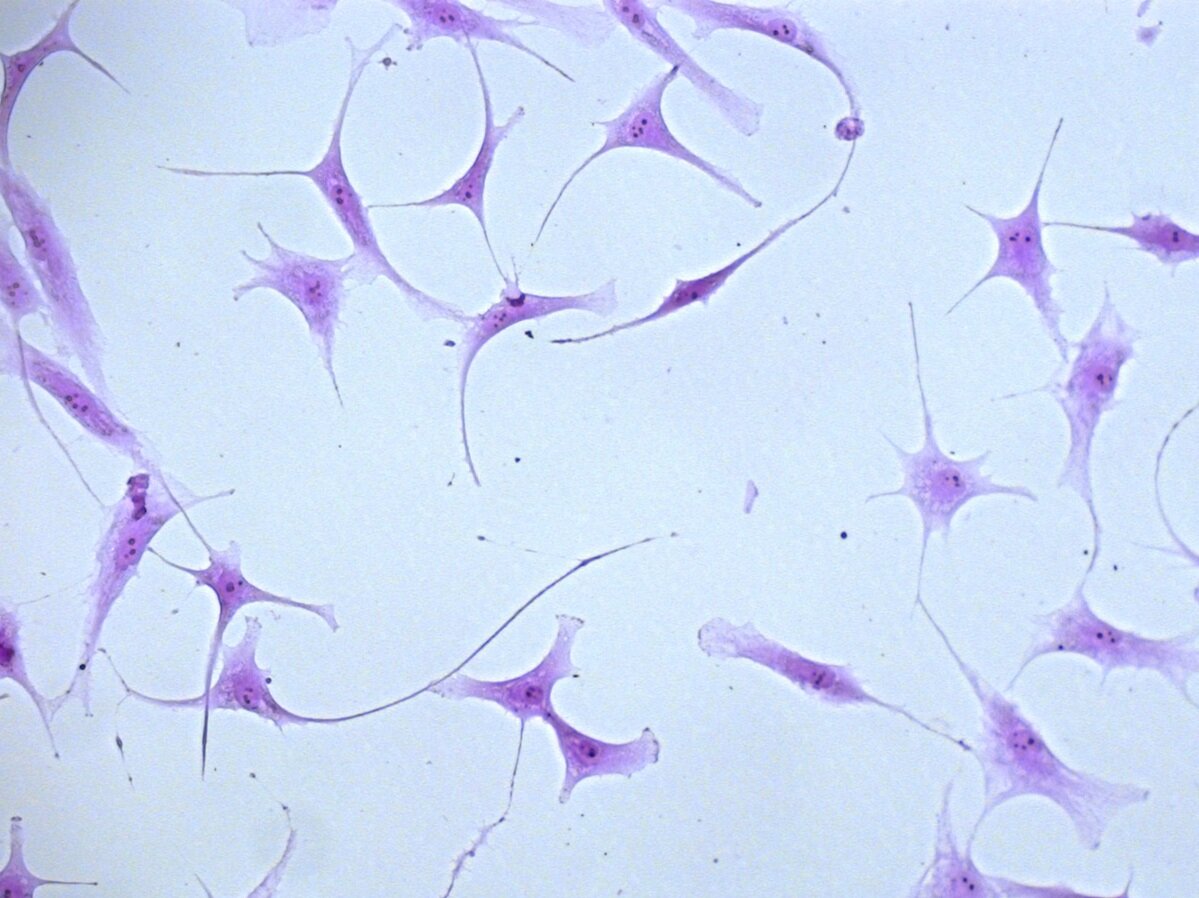
Innovative Cell-Based Platforms Powering Next-Generation Therapeutics
Our proprietary FT-01 platform has given rise to MEV-N01 - a groundbreaking therapeutic for rheumatoid arthritis.
Each of our platforms - FT-01, FT-02, and FT-03 - is based on a unique clonal cell line, ensuring pure, consistent cell populations. These distinct platforms produce extracellular vesicles with unique characteristics, each offering tailored therapeutic potential for diverse applications. By harnessing the precision and scalability of these platforms, we unlock vast opportunities in regenerative and precision medicine.
FT-01
Our flagship cell line: This line is a model mesenchymal stem cell, capable of chondrogenic, adipogenic, and osteogenic differentiation and exhibiting all the markers expected of a mesenchymal stem cell. Resulting EVs have potent therapeutic potential, reminiscent of the cell they are derived from.
FT-02
This cell line is a type of bone marrow-derived mesenchymal stromal cell that cannot differentiate but has strong immune-regulating abilities. It shows the diversity of these cells and is different from what is usually expected of typical mesenchymal stem cells.
FT-03
Our FT-03 platform uses genetically modified mesenchymal stem cells that grow quickly and release vesicles ideal for further engineering.
MEV-N01: Targeted Relief. Lasting Repair.
MEV-N01 is our lead therapeutic asset, derived from FT-01, designed to target the root causes of rheumatoid arthritis. Utilising the unique EVs produced by FT-01, MEV-N01 delivers a highly targeted and efficacious approach to treating disease.
Dual action
MEV-N01 modulates the immune response associated with inflammatory arthritis while stimulating tissue regeneration by delivering therapeutic signals to the affected tissue.
Minimally invasive
MEV-N01 can be injected into the joint to stimulate repair. The ambition is to delay surgical treatment of rheumatoid arthritis.
Preclinical efficacy
Our preclinical trials have shown significant improvement in joint inflammation and tissue repair, paving the way for future testing.

